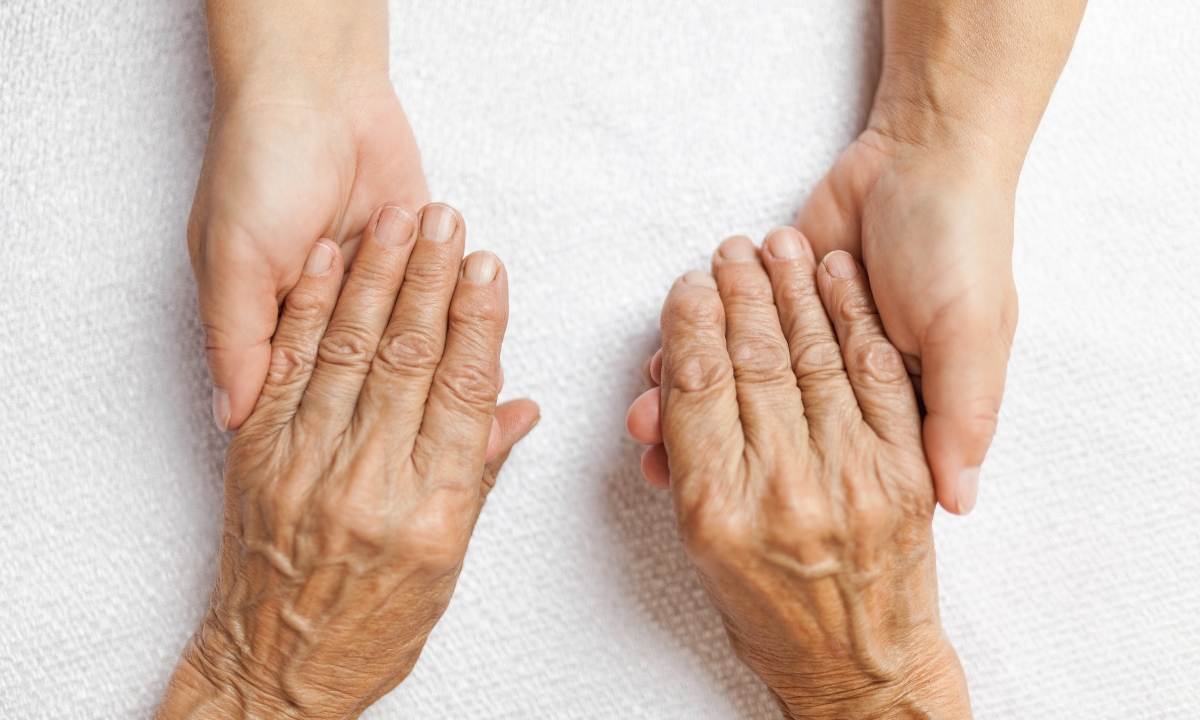Being a caregiver is a rewarding yet demanding role that often comes with significant stress. Whether you are caring for a loved one with a chronic illness, disability, or simply due to aging, the responsibilities can take a toll on your physical and emotional well-being. At Reliant Home Care Services, we understand the challenges caregivers face and are here to offer support and practical tips for reducing caregiver stress.

Understanding Caregiver Stress
Caregiver stress is a state of physical, emotional, and mental exhaustion that can occur when the demands of caregiving exceed the caregiver’s ability to cope. According to the Family Caregiver Alliance, approximately 19% of adult caregivers in the United States report high levels of physical strain, and 38% report emotional stress. Chronic stress can lead to burnout, which significantly impacts both the caregiver and the care recipient.
Recognize the Signs of Caregiver Stress
The first step in managing caregiver stress is to recognize its signs. Common symptoms include:
- Physical Symptoms: Fatigue, headaches, insomnia, and frequent illnesses.
- Emotional Symptoms: Anxiety, depression, irritability, and feelings of hopelessness.
- Behavioral Symptoms: Social withdrawal, neglecting personal needs, and changes in appetite.
Tips for Reducing Caregiver Stress
Here are some effective strategies to help manage and reduce caregiver stress:
1. Seek Support
No one should have to navigate caregiving alone. Reach out to family members, friends, or support groups for help and emotional support. According to the National Alliance for Caregiving, caregivers who receive support from others report lower levels of stress and better overall health. You can also join a support group. Connecting with other caregivers who understand your challenges can provide a sense of community and emotional relief. Finally, don’t hesitate to ask for help with specific tasks or simply to lend a listening ear from your close friends and family.
2. Take Care of Your Health
Maintaining your physical health is crucial for managing stress. Ensure you prioritize your own well-being by incorporating healthy habits into your routine. For example, you should do your best to exercise regularly. Physical activity helps reduce stress, improve mood, and boost energy levels. Aim for at least 30 minutes of moderate exercise most days of the week.
You also need to eat a balanced diet. Proper nutrition fuels your body and mind. Focus on a diet rich in fruits, vegetables, lean proteins, and whole grains. Getting enough sleep, too, is vital for both your mental and physical well-being. Aim for 7-8 hours of sleep each night. Good sleep is essential for stress management and overall health.
3. Take Breaks
Regular breaks are essential to prevent burnout. Taking time for yourself helps recharge your energy and improves your ability to care for your loved one. The first step to doing this is to schedule regular breaks. Plan short breaks throughout your day to rest and rejuvenate. Even a few minutes can make a difference. Next, be sure to utilize respite care. Professional respite care services, like those offered by Reliant Home Care Services, provide temporary relief for caregivers. This allows you to take extended breaks while ensuring your loved one is in good hands.
4. Practice Stress-Relief Techniques
Incorporating stress-relief techniques into your daily routine can help manage stress levels effectively. Practices like mindfulness and meditation can help you stay present and reduce anxiety. Apps like Headspace and Calm offer guided sessions tailored for caregivers. Even taking a few minutes to do some simple deep breathing exercises can quickly reduce stress and promote relaxation. At the end of your day, writing down your thoughts and feelings in a journal can be a therapeutic way to process emotions and reflect on your caregiving journey.
5. Stay Organized
Keeping organized can help reduce the chaos and make caregiving tasks more manageable. One way of doing this is to use a planner or a calendar. This will help you keep track of appointments, medications, and caregiving tasks in a planner or digital calendar. You may also want to create your own caregiving plan that outlines daily routines, emergency contacts, and important medical information.
The Role of Professional Care Services
Incorporating professional care services can significantly alleviate caregiver stress. At Reliant Home Care Services, we offer a range of support options designed to meet the unique needs of caregivers and their loved ones.
- In-Home Care Services: Our trained caregivers provide personalized in-home care, assisting with daily activities, medical needs, and companionship.
- Respite Care: We offer short-term respite care to give primary caregivers a much-needed break, ensuring your loved one receives continuous, quality care.
- Comprehensive Support: Our team works with you to develop a care plan tailored to your loved one’s needs, providing peace of mind and reducing your caregiving burden.

Reliant is Here for You
Caregiving is a noble and selfless act, but it’s essential to take care of yourself to continue providing the best care for your loved one. By seeking support, maintaining your health, taking breaks, practicing stress-relief techniques, and staying organized, you can manage and reduce caregiver stress effectively. Remember, Reliant Home Care Services is here to support you every step of the way. Contact us today to learn more about how our services can help you and your loved one thrive. Your well-being matters to us.

